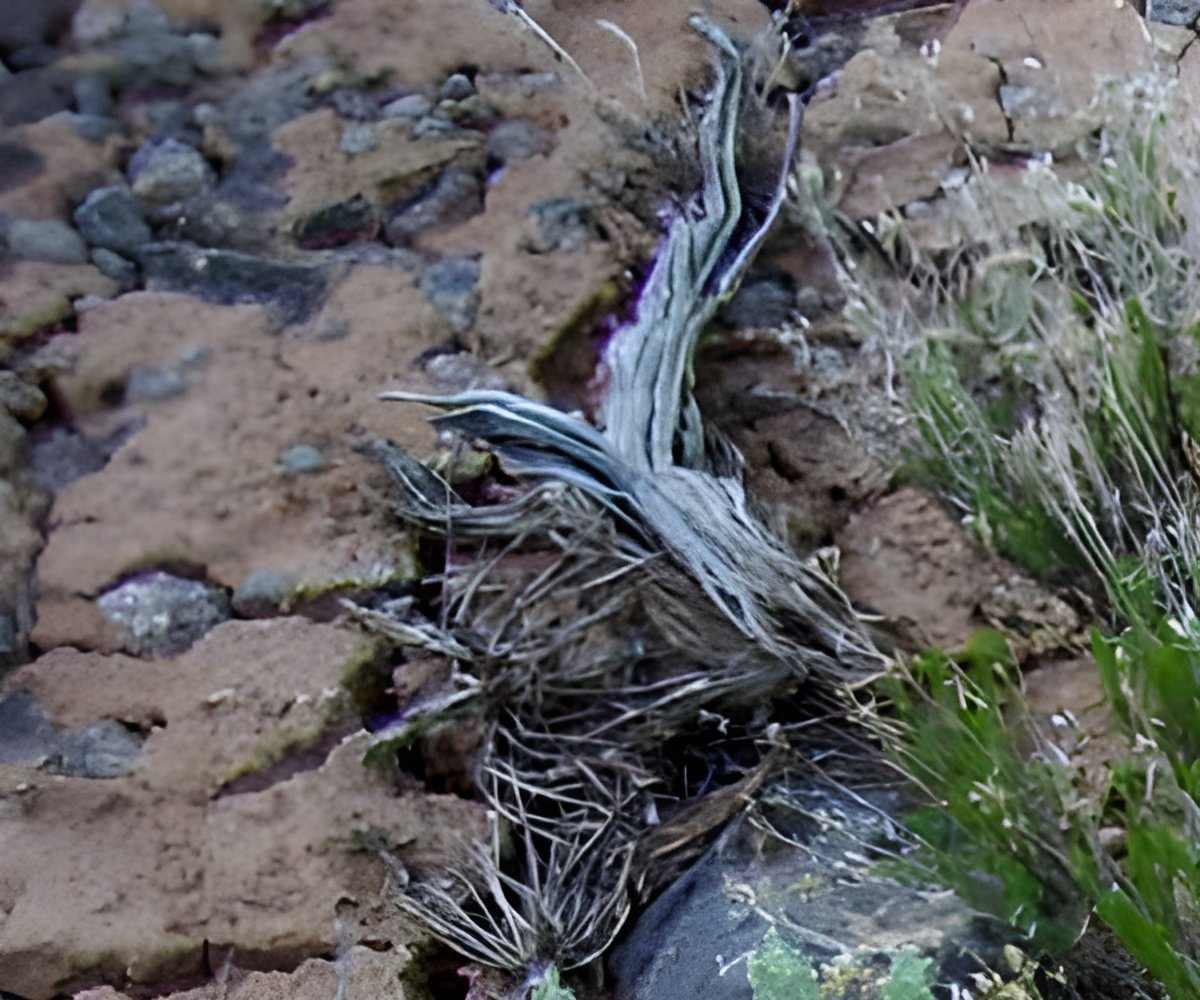
But now, applying a new approach that couples astronomy and geophysics, Arizona State University researchers report that, we can cross off our cosmic neighbor Tau Ceti from the list of hopefuls.
Using the chemical composition of Tau Ceti, the team modeled the star’s evolution and calculated its habitable zone.
Although their data confirms that two planets (e and f) may be in the habitable zone, it does not mean life flourishes or even exists there.
Planet e is in the habitable zone only if, we make very generous assumptions.
"Planet f initially looks more promising but modeling the evolution of the star makes it seem probable that it has only moved into the habitable zone recently as Tau Ceti has gotten more luminous over the course of its life," explained astrophysicist Michael Pagano, postdoctoral researcher and lead author of the paper.
Advertisement
This sounds like a long time but it took Earth’s biosphere about two billion years to produce potentially detectable changes in its atmosphere.
Advertisement
Tau Ceti has been a popular destination for science fiction writers and everyone’s imagination as somewhere there could possibly be life.
"But even though life around Tau Ceti may be unlikely, it should not be seen as a letdown, but should invigorate our minds to consider what exotic planets likely orbit the star, and the new and unusual planets that may exist in this vast universe," Pagano concluded.
The research appeared in the Astrophysical Journal.
Source-IANS









